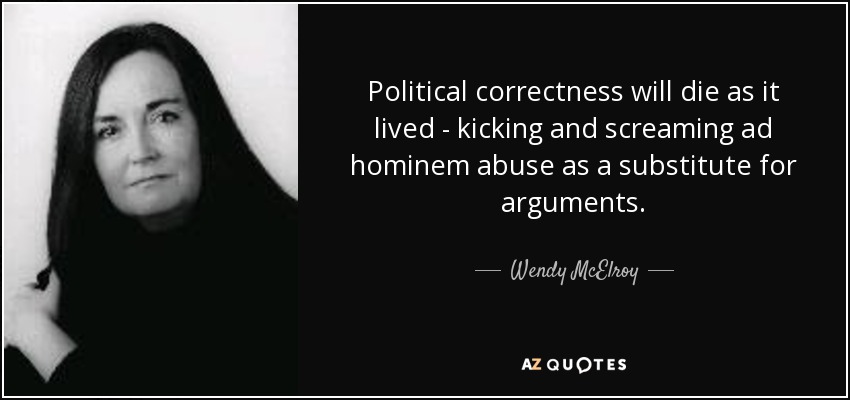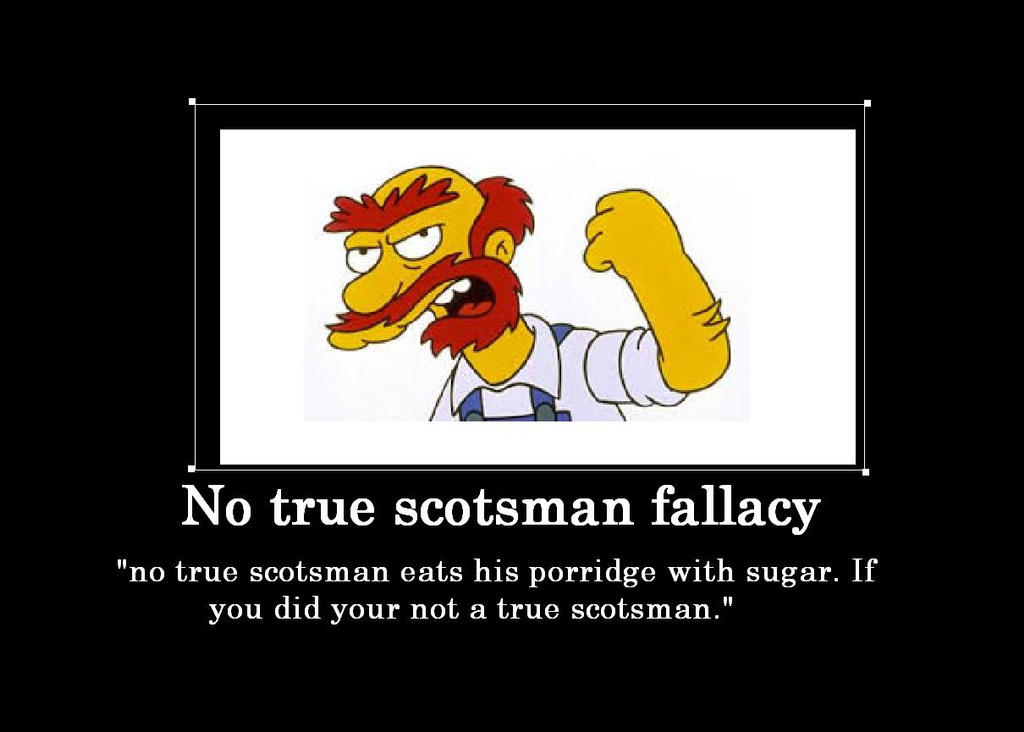Today's blog post is inspired by an article on Psychcentral.com called, "12 Classic Propaganda Techniques Narcissists Use to Manipulate You". If you are a regular reader of this blog, then you probably realize why I chose this article, and for the sake of staying on topic, we will transpose narcissists with MLMers (one could argue they are the same thing anyways). I have written about issues with propaganda in the mainstream media, but I haven't specifically focused on techniques used by propagandists. Hopefully, after we go through these techniques, we will be better armed to defend ourselves against MLM proponents.
1. "Ad Hominem: From the Latin meaning “towards the man,” an attempt to shift the conversation by getting personal.
1. "Ad Hominem: From the Latin meaning “towards the man,” an attempt to shift the conversation by getting personal.
If you bring up a topic that threatens a narcissist’s ego, he may resort to name-calling, questioning your intelligence or attacking your character. This technique is designed to distract from the topic at hand and make you feel you have to defend yourself.
Example: When you voice an opinion opposite of what a narcissist believes, the narcissist may say, 'You’re delusional. You’re clueless, as usual.'"

MLM adherents don't typically utilize ad hominem attacks in person, because they are taught it is important to remove negative from their lives. This means no negative thoughts, therefore no negative speech. However, the internet is an entirely different story and a breeding ground for pent-up anger. MLMers often go to anti-MLM blogs and anti-MLM YouTube videos to pour out their vitriolic rhetoric. They will attack an author's credentials, their intelligence, or their modus operandi, instead of focusing on the content. This type of distraction can be extremely effective at derailing the purpose of discussions and videos.
2. "Glittering Generalities: Using glowing words and statements to describe ones self, ideas, or behaviors without providing evidence.

MLM adherents don't typically utilize ad hominem attacks in person, because they are taught it is important to remove negative from their lives. This means no negative thoughts, therefore no negative speech. However, the internet is an entirely different story and a breeding ground for pent-up anger. MLMers often go to anti-MLM blogs and anti-MLM YouTube videos to pour out their vitriolic rhetoric. They will attack an author's credentials, their intelligence, or their modus operandi, instead of focusing on the content. This type of distraction can be extremely effective at derailing the purpose of discussions and videos.
2. "Glittering Generalities: Using glowing words and statements to describe ones self, ideas, or behaviors without providing evidence.
Narcissists are in love with their words just as they are in love with everything about themselves. They think superlatives make them look good.
Example: A narcissistic husband tells his spouse: 'I’m the most amazing husband ever. I’m super-thoughtful, smart and always available. I provide a world-class lifestyle for you.'"

MLMers love to rant and rave about their success, and they try to utilize their success as well as their upline's success as proof that the "business opportunity" is viable. Both online and offline MLM prospects and members have been subjected to grandiloquent videos and rhetoric designed to appeal to a person's sense of desire. These "glittering generalities" do not directly correlate with the MLM "business opportunity", and are often half-truths or outright lies about their success. Anyone, especially MLMers, trying to suggest MLM is legitimate because someone, somewhere, has had some form of success should immediately be rejected as a form of evidence.

MLMers love to rant and rave about their success, and they try to utilize their success as well as their upline's success as proof that the "business opportunity" is viable. Both online and offline MLM prospects and members have been subjected to grandiloquent videos and rhetoric designed to appeal to a person's sense of desire. These "glittering generalities" do not directly correlate with the MLM "business opportunity", and are often half-truths or outright lies about their success. Anyone, especially MLMers, trying to suggest MLM is legitimate because someone, somewhere, has had some form of success should immediately be rejected as a form of evidence.
3. "The Big Lie: Spinning a lie so outrageous that others are at a loss where to even begin to refute it.
Narcissists are convinced that whatever they say in the moment is 100 percent true just because they are saying it. Lying often comes naturally. They know that the bigger the lie, the more it may overwhelm others’ critical faculties.
Example: A narcissist when confronted with a credit-card bill evidence of an extra-marital affair: 'I’ve never been to that hotel in my life. That hotel is notorious for making up fake check-in records and then blackmailing innocent people like me. There was a big article online about that a while back. You probably saw it. I might even have an email from the hotel trying to blackmail me in my inbox right now. I will fight this slander all the way to the Supreme Court. They will be sorry they ever made up this lie about me.'"

MLMers utilize this technique constantly! Some regularly used MLMisms are, "2-5 year plan", "10,000 hour rule", "10-15 hours a week", "residual income", and one of my personal favorites, "a fool-proof system". These lies are utilized constantly, and no MLMer has ever supplied any evidence to support any of these claims. These MLMisms are repeated tirelessly to shut down the prospect or MLM adherents cognitive faculties and lull them into a false sense of confidence in the "business opportunity".
4. "Intentional Vagueness: Saying something so vague as to be meaningless or open to multiple interpretations.


MLMers utilize this technique constantly! Some regularly used MLMisms are, "2-5 year plan", "10,000 hour rule", "10-15 hours a week", "residual income", and one of my personal favorites, "a fool-proof system". These lies are utilized constantly, and no MLMer has ever supplied any evidence to support any of these claims. These MLMisms are repeated tirelessly to shut down the prospect or MLM adherents cognitive faculties and lull them into a false sense of confidence in the "business opportunity".
4. "Intentional Vagueness: Saying something so vague as to be meaningless or open to multiple interpretations.
This can leave others stymied, trying to figure out what was meant. In so doing, the vagueness distracts attention from legitimate concerns or questions.
Example: A narcissist when asked why he did something: 'I did what had to be done. I always do what needs to be done. It’s obvious.'"

Everything around MLM is designed to be vague. Most MLMers won't reveal what the "business opportunity" is during the initial contact. Instead, MLMers will present an exciting, "part-time income opportunity", "side hustle", "extra revenue stream", or some other nonsense to lure unsuspecting prospects into a meeting or second contact. From there, they still may not give pertinent details about how money is earned, but rather will go back to "glittering generalities" or start parroting "the big lies". MLMers will also go out of their way to not explain how much work is required, how often you need to be involved in MLM related activities, and how much money a MLMer has to spend each month. The less information they have to give, the less likely someone will question the MLM and the MLM adherent's "opportunity".
________________________________________________________________________________
Source: https://blogs.psychcentral.com/narcissism-decoded/2017/09/12-classic-propaganda-techniques-narcissists-use-to-manipulate-you/
________________________________________________________________________________
Source: https://blogs.psychcentral.com/narcissism-decoded/2017/09/12-classic-propaganda-techniques-narcissists-use-to-manipulate-you/
